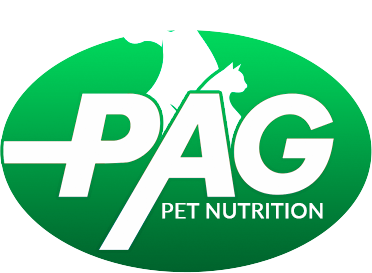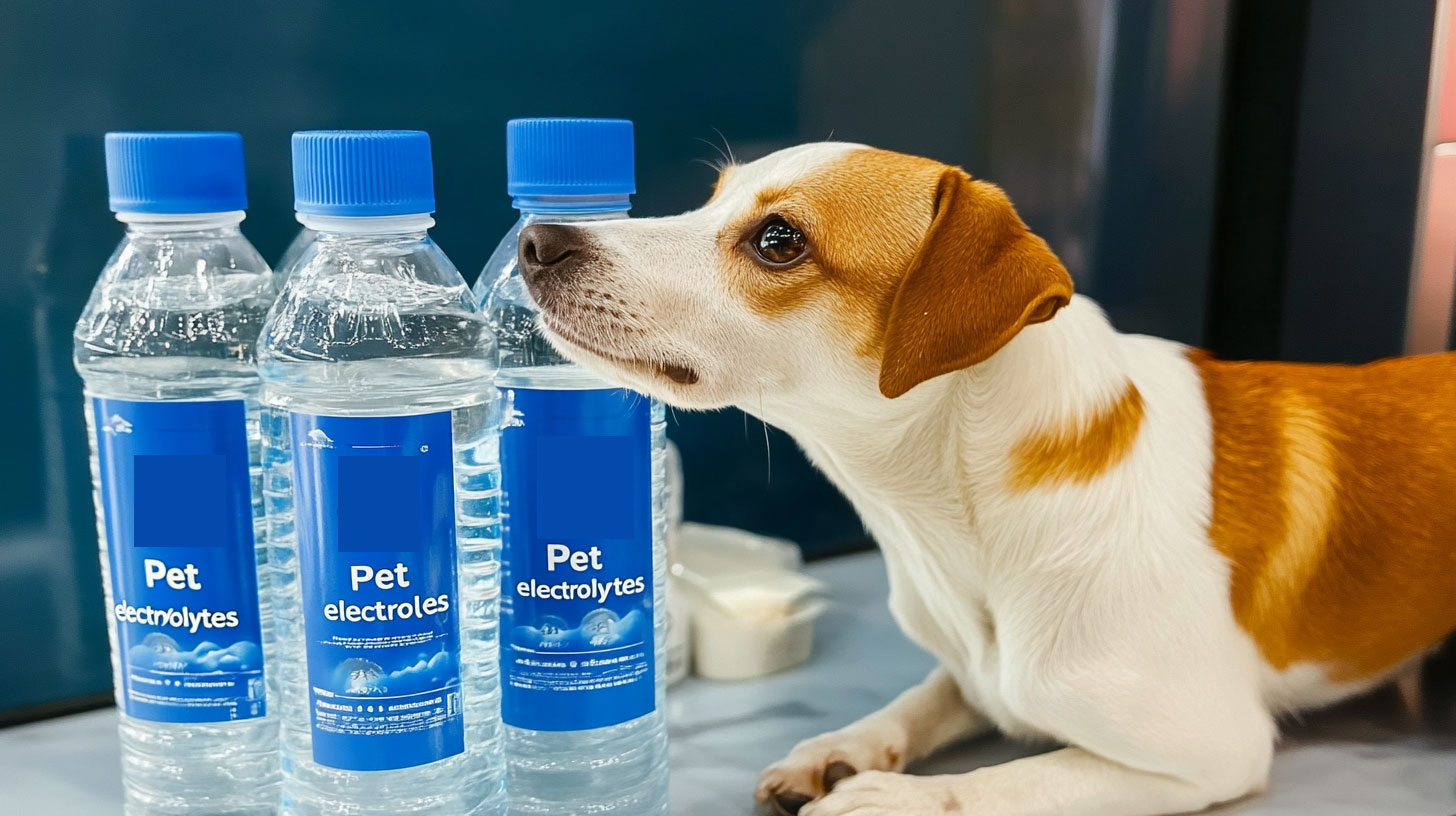
03 Jan Pet Electrolytes Explained How to Keep Your Cat or Dog Hydrated and Healthy
Introduction
Electrolytes are essential minerals that help regulate the vital functions of pets, just as they do for humans. These dissolved ions play a significant role in maintaining heart function, nerve activity, and muscle contractions, making them essential to your pet’s overall health. Whether you’re caring for a dog or a cat, ensuring that your pet has the right balance of electrolytes is critical for maintaining hydration, particularly during illness, high activity, or extreme weather conditions. In this article, we will explore the role of electrolytes in pets, when electrolyte supplementation is necessary, and how to safely add them to your pet’s routine using electrolyte solutions and other methods.
What Are Electrolytes and Why Do Pets Need Them?
Electrolytes are minerals like sodium (Na+), potassium (K+), calcium (Ca2+), magnesium (Mg2+), and chloride (Cl−), which dissolve into charged ions in the fluids of the body. These ions play a critical role in the regulation of various bodily functions. In pets, electrolytes help to:
-
Maintain fluid balance: Electrolytes manage the movement of fluids inside and outside cells.
-
Support nerve function: Sodium and potassium are essential for transmitting nerve impulses.
-
Aid muscle contraction: Calcium and magnesium help regulate muscle function, including the heart.
-
Regulate pH levels: Electrolytes maintain acid-base balance in the body, preventing harmful shifts in acidity or alkalinity.
A balanced electrolyte level is crucial to keeping pets healthy, as an imbalance can lead to a range of issues such as dehydration, weakness, and organ failure.
Can Animals Drink Water with Electrolytes?
You may wonder, Can animals drink water with electrolytes? Yes, they can. However, it depends on the situation and the formulation of the electrolyte solution.
Electrolyte-enhanced drinking water is particularly useful for pets in the following situations:
-
After intense activity: If your dog has been highly active, they may lose electrolytes through panting and need replenishment.
-
During illness: Electrolyte water can help rehydrate pets who are vomiting, suffering from diarrhea, or losing fluids due to a medical condition.
-
In hot weather: On extremely hot days, dogs and cats may need electrolyte water to maintain hydration and avoid heat exhaustion.
When considering adding electrolytes to your pet’s water, it’s important to avoid artificial sweeteners and ensure the solution is pet-safe. Unflavored, specially formulated electrolyte solutions are the safest options for cats and dogs. Always follow your veterinarian’s advice to avoid over-supplementation.
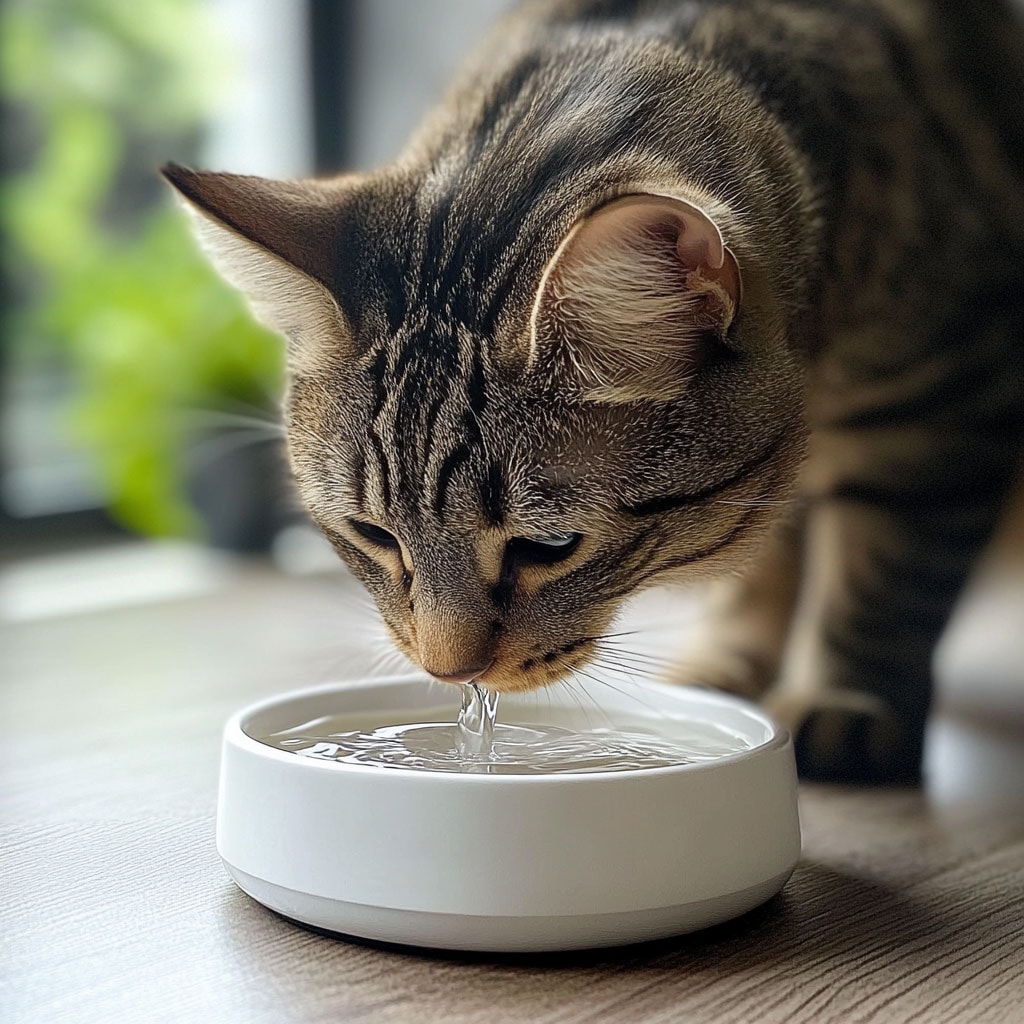
Signs of Electrolyte Imbalance in Pets
Electrolyte imbalances can affect both dogs and cats, and it’s important for pet owners to recognize the signs early. Common symptoms of electrolyte imbalance include:
-
Muscle weakness or spasms: Electrolytes like potassium and calcium are crucial for muscle function. A lack of these can cause weakness or twitching.
-
Changes in breathing or heart rate: Electrolytes help regulate the cardiovascular system, and an imbalance can disrupt normal heart rhythms and breathing patterns.
-
Lethargy and depression: Pets may become unusually tired, anxious, or unresponsive due to imbalances.
-
Seizures: In severe cases, pets can experience seizures due to disrupted nerve activity.
Electrolyte imbalances often result from gastrointestinal issues like vomiting and diarrhea, where fluids and electrolytes are lost quickly. Chronic diseases like diabetes or kidney disease can also lead to imbalances, as these conditions disrupt the body’s ability to manage electrolytes. If your pet shows any of these symptoms, it’s critical to seek veterinary attention.
Can I Give My Cat Electrolyte Water?
Cats, like dogs, can benefit from electrolytes, especially when they are recovering from an illness or suffering from dehydration. However, cats are generally more sensitive to changes in their water and food, so it is important to carefully administer electrolyte solutions.
Safe electrolyte solutions for cats should be:
-
Unflavored and free from artificial sweeteners: Always choose products specifically designed for pets.
-
Administered in small amounts: You can add the electrolyte solution to their drinking water or mix it with wet food. Some cats may refuse to drink water that tastes different, so offering wet food can help ensure they stay hydrated.
If your cat shows signs of electrolyte imbalance, such as vomiting, lethargy, or muscle weakness, consult your veterinarian before adding any supplements to their diet. A professional will help determine the right dosage and type of solution for your cat’s specific needs.
How to Safely Add Electrolytes to Your Pet’s Diet
Introducing electrolytes into your pet’s diet can be done safely and effectively with the right approach. Here’s how:
For dogs:
-
Mixing electrolyte solutions with drinking water: This is a common way to help rehydrate dogs after strenuous activity or in hot weather. Ensure that the solution is properly diluted.
-
Offering frozen electrolyte ice cubes: Making ice cubes from electrolyte solutions can provide a fun and practical way for dogs to stay hydrated, especially during summer months.
For cats:
-
Adding electrolytes to wet food: Since some cats may refuse to drink flavored water, mixing electrolytes into their wet food is a better way to ensure they consume the necessary fluids.
-
Using a syringe: If your cat is severely dehydrated or refuses to drink, you may need to administer electrolyte solutions directly using a syringe (under veterinary guidance).
Always consult a veterinarian if your pet shows symptoms of severe dehydration, such as sunken eyes, excessive panting, or persistent vomiting. In such cases, intravenous fluids may be required to quickly restore electrolyte balance.
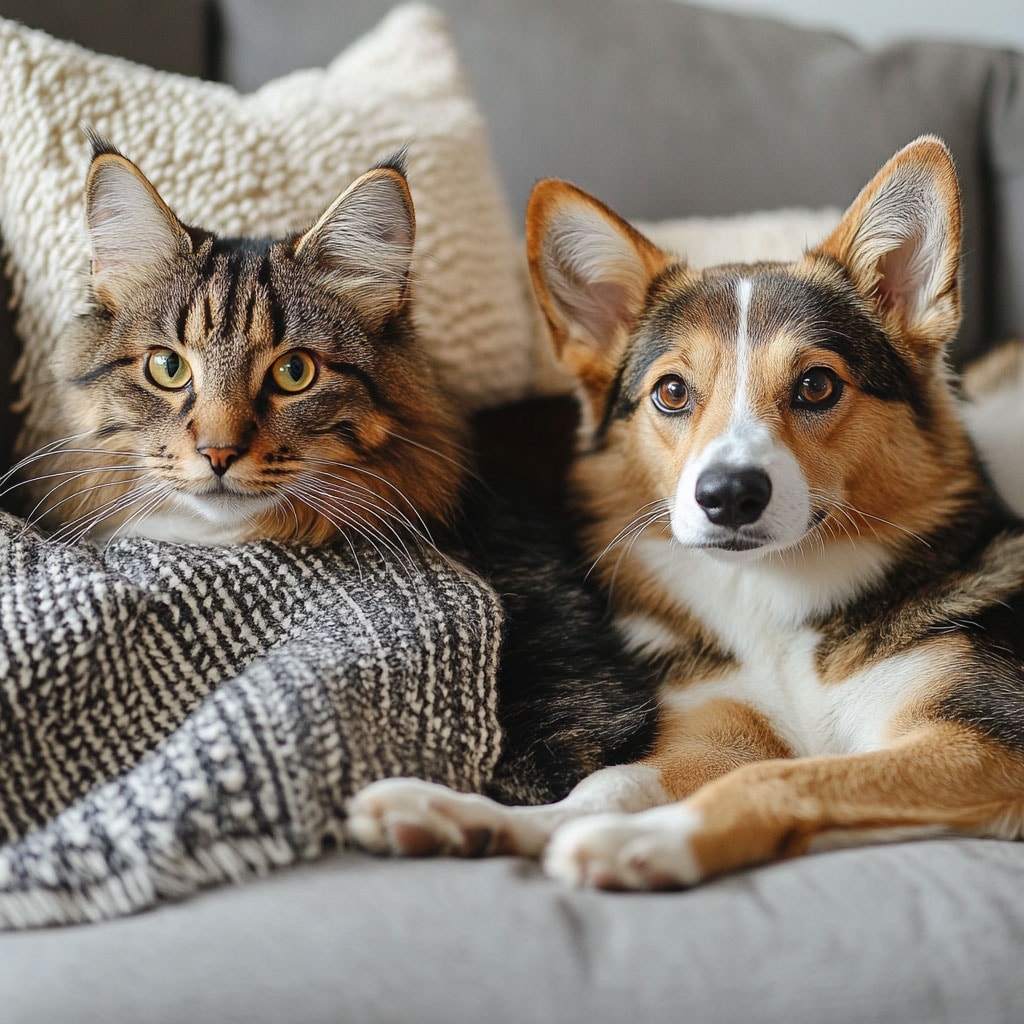
Ice Cubes with Electrolytes: Fun and Practical Hydration for Pets
One easy and effective way to keep pets hydrated, particularly during hot weather, is by offering electrolyte-enhanced ice cubes. Here’s how they work:
-
Frozen electrolyte cubes: These can be made by freezing diluted electrolyte solutions in ice cube trays. Dogs will enjoy chewing on these cooling treats, which help maintain hydration.
-
Benefits: This method provides a steady intake of fluids and electrolytes without overwhelming the pet’s gastrointestinal system. It’s especially helpful for dogs who have been active outdoors or are recovering from mild dehydration.
Be sure to dilute the electrolyte solution appropriately to avoid causing gastrointestinal discomfort. This is particularly important for pets with sensitive stomachs, as overly concentrated solutions can lead to vomiting or diarrhea.
What Causes Electrolyte Imbalance in Pets?
Several factors can cause an electrolyte imbalance in cats and dogs, including:
-
Vomiting and diarrhea: These are the most common causes of electrolyte loss, as the body loses essential minerals like sodium and potassium along with fluids.
-
Chronic diseases: Conditions like kidney disease or diabetes can disrupt the body’s natural balance of electrolytes.
-
Poor diet: Pets that don’t receive a balanced diet or have trouble absorbing nutrients are more prone to imbalances.
Diagnosis of electrolyte imbalance involves physical exams, blood tests, urine analysis, and sometimes medical imaging (X-rays or ultrasounds) to detect underlying causes like gastrointestinal issues or chronic illness.
Treatment and Prevention of Electrolyte Imbalance in Pets
The treatment of electrolyte imbalance depends on its cause. Here are some common approaches:
-
Medication and fluid therapy: For pets suffering from chronic diseases or severe dehydration, a veterinarian may recommend medications or intravenous fluids to restore balance.
-
Dietary adjustments: Pets with recurring electrolyte issues may benefit from tailored diets that help regulate their fluid and mineral intake.
To prevent electrolyte imbalances, ensure that your pets:
-
Drink enough water every day, especially in hot climates or after physical activity.
-
Use electrolyte solutions as supplements when necessary, especially for pets recovering from illness.
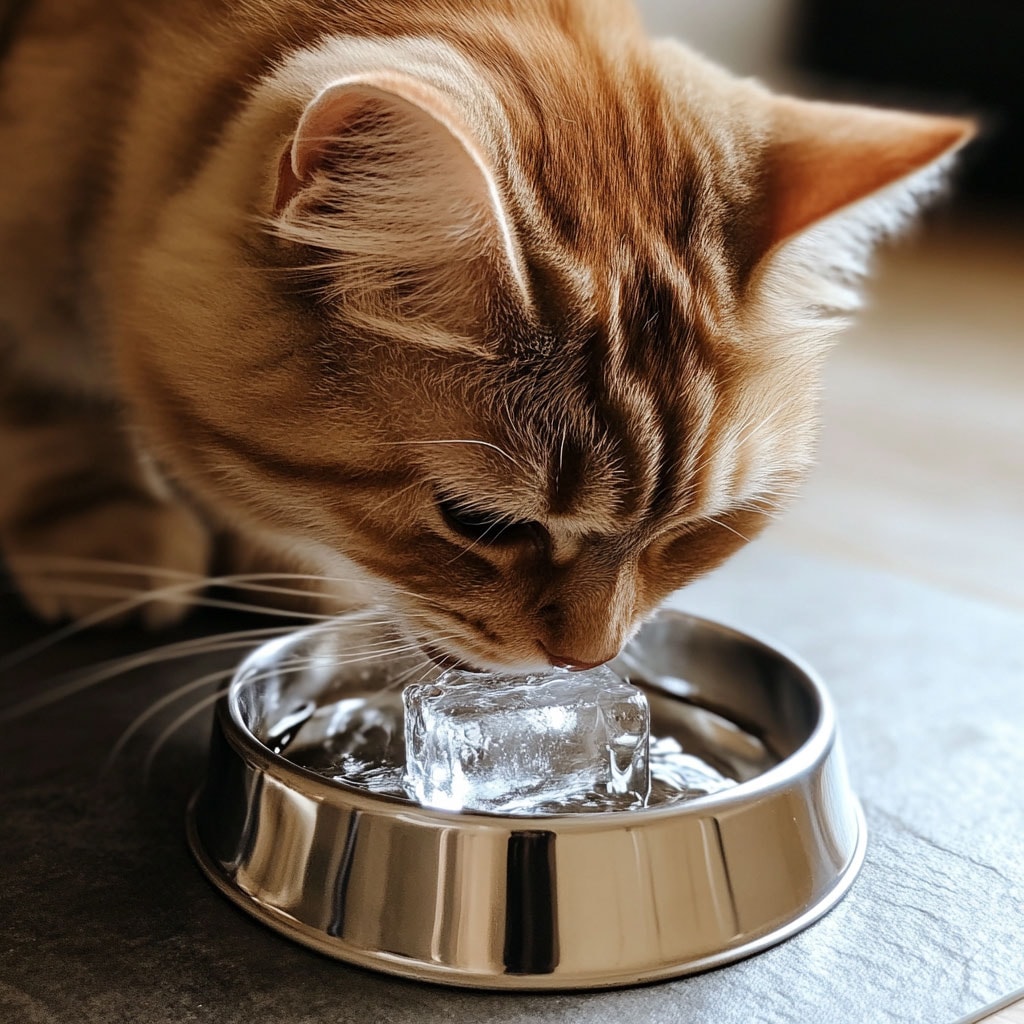
Customized Pet Electrolytes from PAG Pharmatech Asia Group
PAG Pharmatech Asia Group provides custom pet electrolyte formulas tailored to the specific needs of cats and dogs. Whether you’re caring for a pet recovering from illness or looking to maintain optimal hydration, PAG’s solutions can help replenish electrolytes safely and effectively.
Maintaining proper electrolyte levels is vital to your pet’s health, especially in times of illness, high activity, or extreme heat. By recognizing the signs of electrolyte imbalance and knowing how to safely administer electrolyte solutions, you can help ensure your pet stays hydrated and healthy. For customized solutions tailored to your pet’s needs, PAG Pharmatech Asia Group offers safe and effective electrolyte formulations that support recovery and overall well-being.
